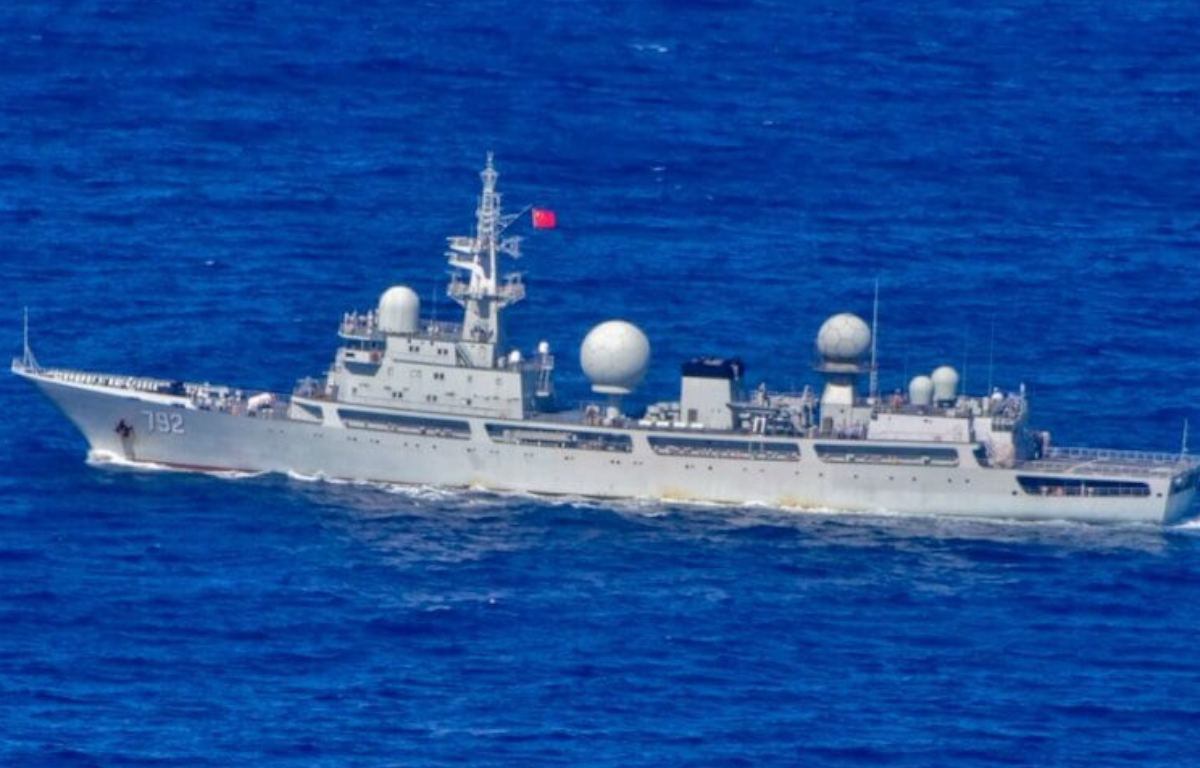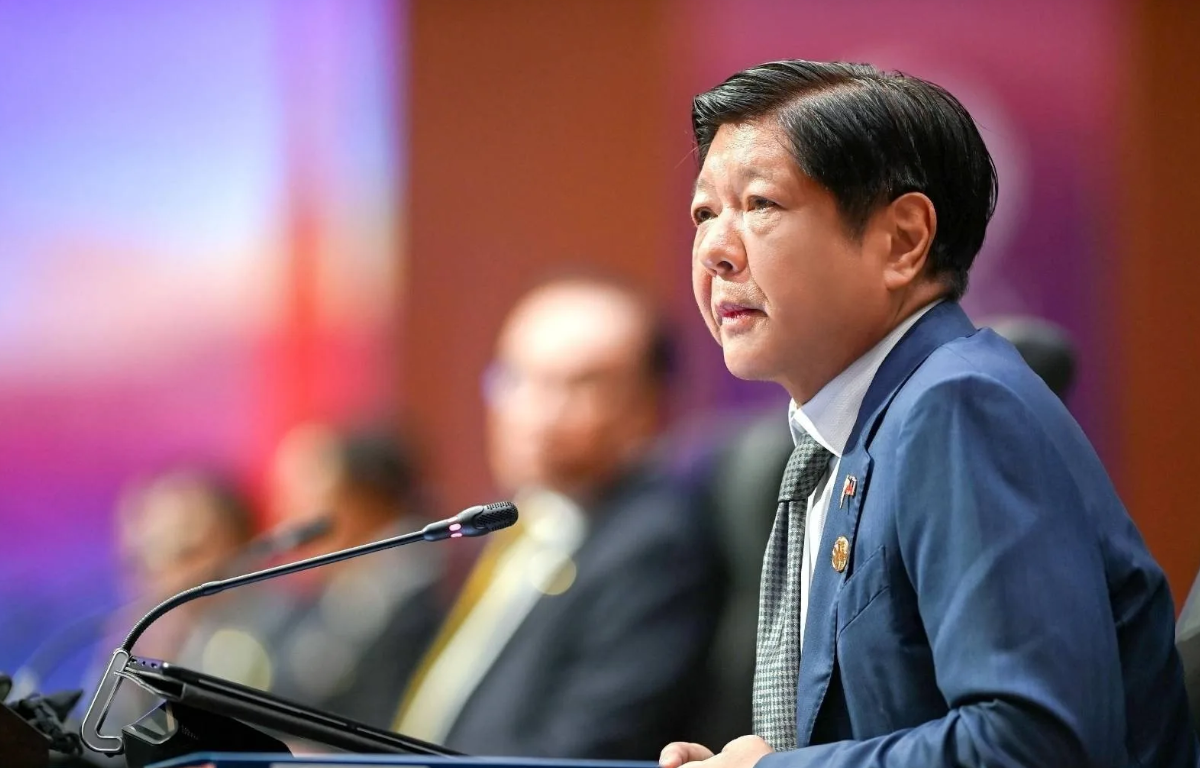
The South China Sea has been a contentious area for years, with multiple countries, including China, the Philippines, Vietnam, Malaysia, Brunei, and Taiwan, asserting territorial claims over various islands and waters within the region. These disputes have often led to confrontations, military posturing, and diplomatic tensions.
The recent incident involves the removal of a floating barrier near the Scarborough Shoal, a feature both China and the Philippines have claimed sovereignty over, leading to a standoff in 2012 when Chinese vessels took control of the area.
The Philippine government’s response to the removal of the barrier is notable for its restraint and diplomatic approach. Instead of escalating tensions, the Philippines has emphasized the importance of peaceful dialogue and adherence to international law.
The Philippines’ decision to avoid a confrontational stance is in line with its commitment to resolving disputes through peaceful means. Diplomatic channels, such as negotiations and international arbitration, have been favored by the Philippines to address territorial conflicts.
Furthermore, the Philippines has consistently called for adherence to international law, particularly the United Nations Convention on the Law of the Sea (UNCLOS). The arbitral tribunal’s ruling in 2016, which favored the Philippines in its case against China regarding the South China Sea, remains a significant reference point for Manila.
The Philippines’ measured response carries several implications, including setting a positive example for managing regional disputes through diplomatic engagement, contributing to regional stability by reducing tensions, reinforcing the significance of abiding by established legal frameworks, and impacting the broader geopolitical landscape, especially in the Indo-Pacific region. In sum, the Philippines’ stance underscores the importance of dialogue, cooperation, and the rule of law in managing complex geopolitical issues.










Share this: